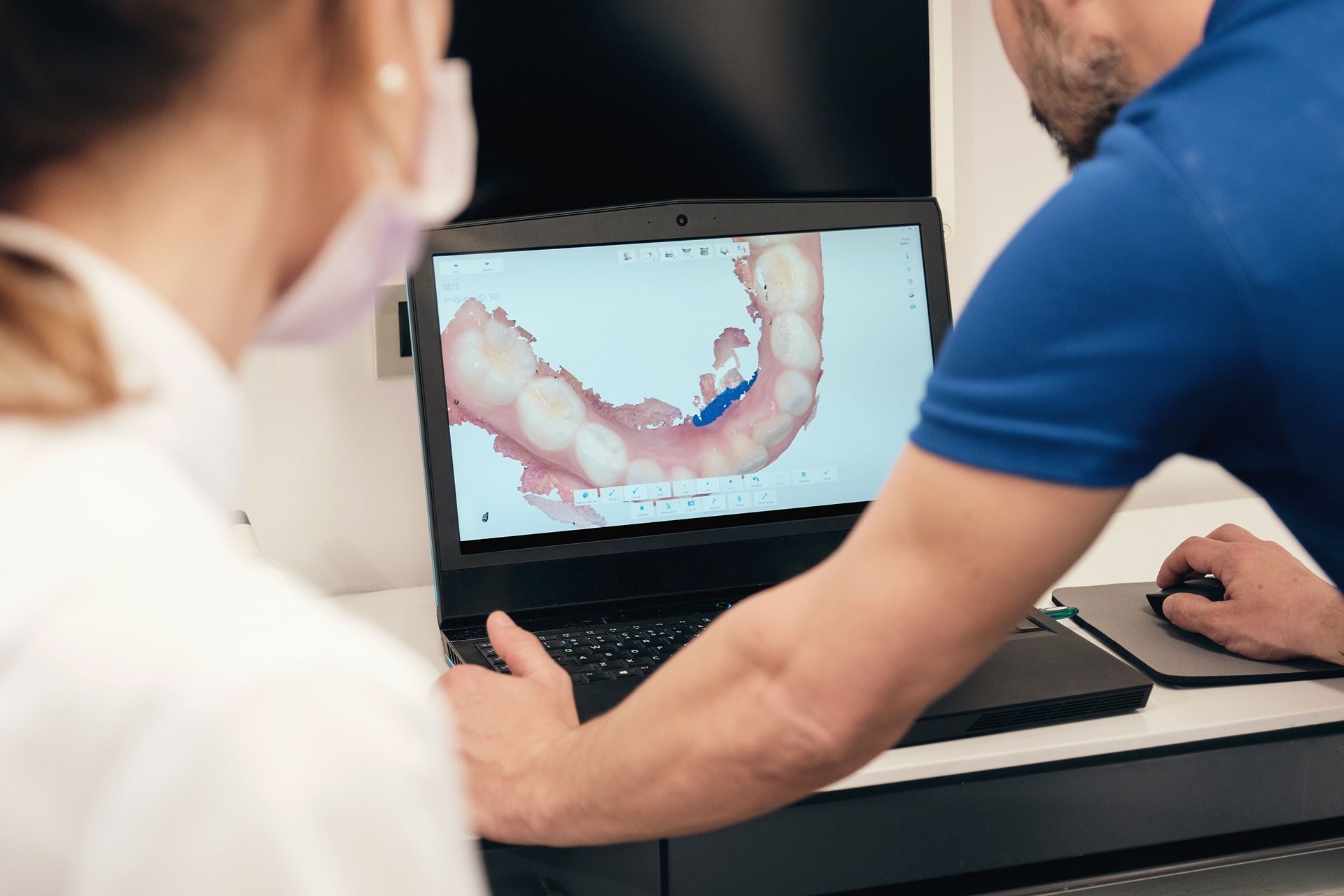Imagine spending your life petrified of having perpetually bad breath, no matter how often you brushed, flossed and/or rinsed?
This is called halitophobia, and the world’s leading expert on halitosis, Mel Rosenberg of Tel Aviv University, says it affects 1% of the population.
According to Dr. Rosenberg, halitophobia is classified as a Body Dysmorphic Disorder.
“Sufferers, particularly women, get obsessed with an aspect of their physique — their nose is too big or their bellies are too fat — and the obsession takes over their whole lives, leading to serial nose jobs, multiple gastric bypass surgeries or, in the case of halitophobia, increasing isolation.”
Severe instances of halitophobia can lead to serious issues like agoraphobia. At the same time, symptoms of many other anxiety disorders include dry mouth, which can lead to halitosis.
The physical effects of halitophobia
For many halitophobics, elements of obsessive-compulsive disorder come into play in the forms of over-brushing, flossing too hard or excessive rinsing. While a bit of elbow grease can help dislodge food and break up tartar, too much can lead to a weakening of the enamel and trauma to the gums. The former can lead to cavities, while the latter could lead to significant periodontal issues.
What to do about the fear of bad breath
As we know with other mental illnesses, it doesn’t matter how thin or beautiful or young others think you look if you can’t see it. But what makes halitophobia different is that it’s far less subjective. Either your breath stinks or it doesn’t. And unlike questions of size or beauty, no one’s going to lie to you about bad breath. If you have it, ask someone and they’ll tell you. If they say you don’t, trust them. They have no emotional or societal reason to lie.
Concerned about bad breath?
Book an appointment. We can help.








